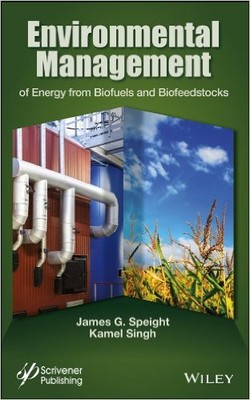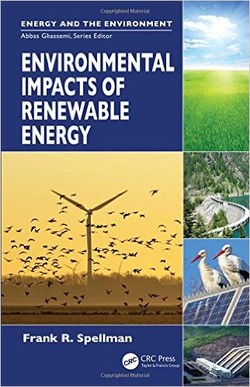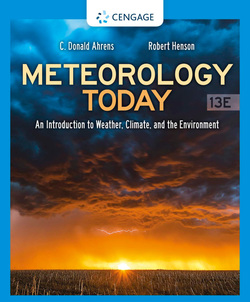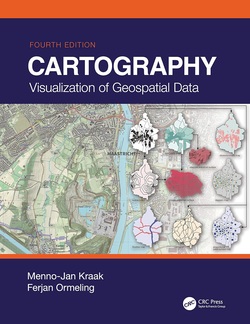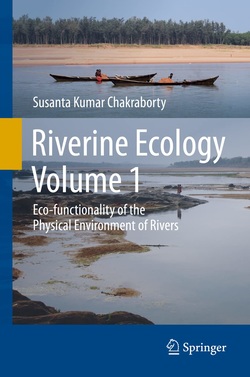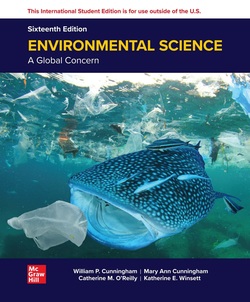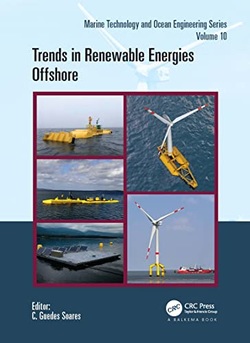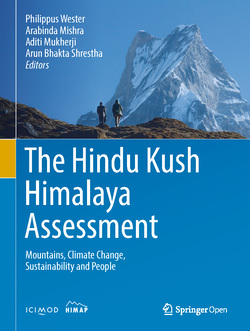مدیریت زیست محیطی انرژی از سوختهای زیستی و Biofeedstockها
قیمت 16,000 تومان
تمرکز کتاب “مدیریت زیستمحیطی انرژی از سوختهای زیستی و Biofeedstockها” ارائه یک بازبینی تاریخی، دیدگاههای کشوری، استفاده از زیست توده برای تولید سوختهای زیستی، منابع فعلی و آینده سوختهای زیستی، فناوریها و فرآیندهای تولید سوختهای زیستی، انواع مختلف سوختهای زیستی و بهخصوص روشهایی برای ساخت محصولات سوخت زیستی پایدار میباشد که از لحاظ اقتصادی امکانپذیر است، آسیبهای زیستمحیطی را به حداقل میرساند و به بسیاری از تعهدات خود پایدار است. هدف مجموعه کتابهای “انرژی و محیط زیست” از انتشارات Scrivener و سردبیر مجموعه، James G.Speight، پوشش اثرات زیستمحیطی و مسائل اجتماعی تولید انرژی در فرمهای مختلف میباشد. این کتاب بهعنوان اولین بخش در مجموعه “انرژی و محیط زیست” پوشش جامعی از یکی از منابع بهسرعت درحال رشد و مهم انرژی، یعنی سوختهای زیستی ارائه میدهد.
سال انتشار: 2014 | تعداد صفحات: 272 | حجم فایل: 1.52 مگابایت | زبان: انگلیسی
Environmental Management of Energy from Biofuels and Biofeedstocks
نویسنده:
James G. Speight, Kamel Singh
Biomass is a renewable resource, whose utilization has received great attention due to environmental considerations and the increasing demands of energy worldwide. Since the energy crises of the 1970s, many countries have become interested in biomass as a fuel source to expand the development of domestic and renewable energy sources, reduce the environmental impacts of energy production provide rural prosperity for its poor farmers and bolster a flat agricultural sector. Biomass energy (bioenergy) can be an important alternative in the future and a more sustainable energy. In fact, for large portions of the rural populations of developing countries, and for the poorest sections of urban populations, biomass is often the only available and affordable source of energy for satisfying basic needs as cooking and heating.
The focus of this book is to present a historical overview, country perspectives, the use of biomass to produce biofuels, the current and upcoming sources of biofuels, technologies and processes for biofuel production, the various types of biofuels and, specifically, the ways and means to make biofuel production sustainable, economically feasible, minimize environmental damage and to deliver on its many promises. The Energy and Environment book series from Scrivener Publishing and series editor, James G. Speight, aims to cover the environmental impacts and social concerns of energy production in its various forms. This first volume in the Energy and the Environment series offers a comprehensive coverage of one of the fastest-growing and most important sources of energy, biofuels. Future volumes will cover oil and gas, wind and solar energy, and their environmental aspects.
